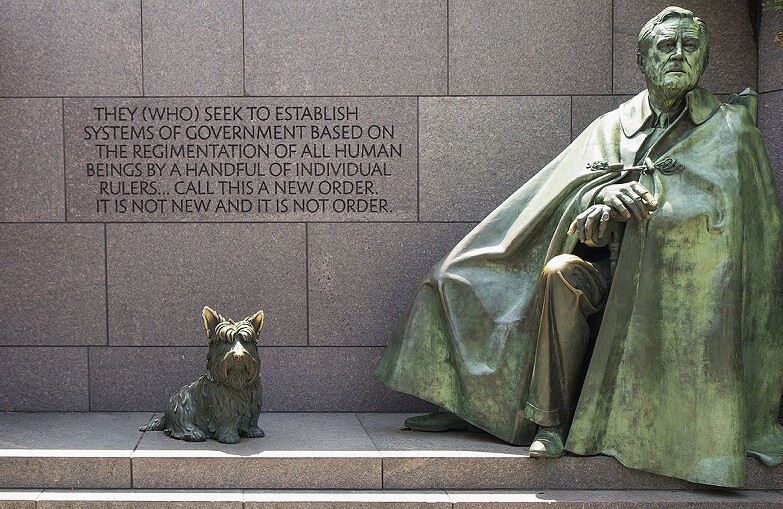
Joel H. Rosenthal is president of Carnegie Council for Ethics in International Affairs. As a nonprofit leader, scholar, and teacher he works to empower ethical action, with a particular focus on U.S. foreign policy, issues of war and peace, human rights, and pluralism. At Carnegie Council, Rosenthal leads a team that identifies critical ethical issues, convenes experts, and produces agenda-setting resources to educate and activate communities globally.
Rosenthal is editor-in-chief of the Ethics & International Affairs journal published by Cambridge University Press. His first book Righteous Realists is an examination of the political realists who shaped post-WWII America in the nuclear age, including Hans Morgenthau, Reinhold Niebuhr, and George Kennan. His current writing and commentary can be found at the President’s Desk.
Rosenthal is the recipient of numerous awards including the Distinguished Scholar Award from the International Studies Association for his lifetime achievement in international studies and an Honorary Degree of Doctor of Social Science from the University of Edinburgh. He received his Ph.D. from Yale University and BA from Harvard University.
Subscribe to the Carnegie Ethics Newsletter for updates and analysis from Joel
Featured Work

FEB 22, 2006 • Podcast
Stoic Warriors: The Ancient Philosophy Behind the Military Mind
While few soldiers may have read the works of Epictetus or Marcus Aurelius, it is undoubtedly true that the ancient philosophy known as Stoicism guides ...

SEP 20, 2005 • Podcast
Radical Truths of Christian Realism: The Legacy of Reinhold Niebuhr
Elisabeth Sifton, Reinhold Niebuhr's daughter, reviews her father's legacy and concludes that many of today's Christian leaders are ignoring the radical truths he espoused.
SEP 15, 2005 • Podcast
Evangelical Reflections on the U.S. Role In the World
A discussion of the growing importance of religious groups in advancing international human rights causes, from the Sudan to Korea.

SEP 15, 2005 • Transcript
Evangelical Reflections on the U.S. Role In the World
A discussion of the growing importance of religious groups in advancing international human rights causes, from the Sudan to Korea.
APR 27, 2005 • Transcript
Losing Iraq: Inside the Postwar Reconstruction Fiasco
Originally in favor of going to war, Phillips, a former State Department official, discusses the mistakes made because of the lack of a plan for ...

MAR 8, 2005 • Article
America and the World: Ethical Dimensions to Power
A discussion between Joel H. Rosenthal, Michael J. Smith, William F. Felice, and Donald Eastman that took place March 8, 2005. It was the third in a ...

MAR 8, 2005 • Podcast
America and the World: Ethical Dimensions to Power
Taking Roosevelt's "Four Freedoms"—freedom from fear, freedom from want, freedom of worship, and freedom of expression—as a departure point, Joel Rosenthal and Michael ...

MAR 8, 2005 • Transcript
America and the World: Ethical Dimensions to Power
Taking Roosevelt's "Four Freedoms"—freedom from fear, freedom from want, freedom of worship, and freedom of expression—as a departure point, Joel Rosenthal and Michael ...

JAN 26, 2005 • Article
Accountability: How to Treat Unlawful Combatants
If I were giving President Bush advice for his second term, I would argue that the new administration ought to establish an accountability mechanism–a ...

JAN 26, 2005 • Article
Accountability: How to Treat Unlawful Combatants
"If I were giving President Bush advice for his second term, I would argue that the new administration ought to establish an accountability mechanism--a task ...